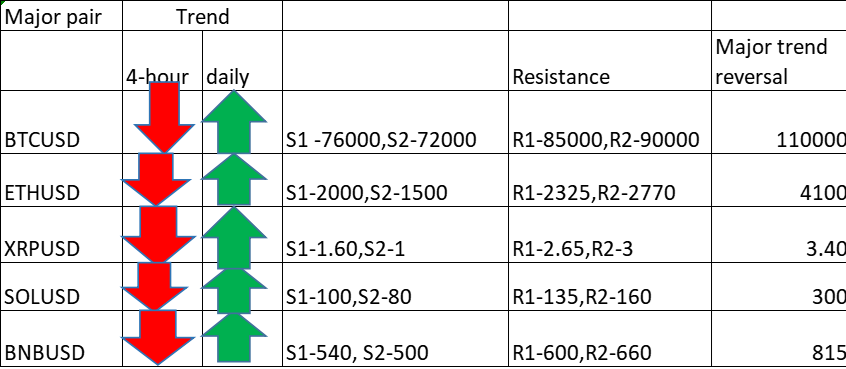Importance of Financial Advisor

Many people mistakenly believe that financial advisors are only for the wealthy, but this is far from the truth. Financial advisor Margaret Njeri emphasizes the importance of financial advisory services for women, highlighting how they can benefit individuals across various income levels and career paths.
What is a Financial Advisor?
A financial advisor is a professional who guides individuals on money matters, helps build a healthy financial mindset, and assists in making sound financial decisions.
Why Women Need Financial Advisors
Women should prioritize regular financial check-ins to enhance their financial well-being. A financial advisor can help them save more effectively, avoid investment scams, manage debt, and prevent costly financial mistakes.
Choosing the Right Financial Advisor
To select the appropriate advisor, identify your specific financial needs. Determine if you require assistance with debt management, investment management, or both. Verify the advisor's qualifications; insurance advisors should be licensed by the Insurance Regulatory Authority, while investment management advisors should be registered with the Capital Markets Authority. Review their track record to ensure they have experience assisting clients with similar financial goals. Ask detailed questions about the services offered and fee structures. A good financial advisor should provide regular updates on your financial status and maintain discretion.
Ongoing Engagement with a Financial Advisor
Engage with a financial advisor on a continuous basis to achieve your financial goals. Even when you become wealthy, you still need advice on risk management and identifying market trends. There is no point at which you no longer need financial advice.
Addressing Financial Challenges Women Face
One of the primary challenges women face is a lack of financial advisory and minimal financial knowledge. Many women believe financial literacy is only for men or need guidance on investment opportunities. Financial advisors can address these issues by providing tailored advice and education.
Common Misconceptions About Financial Advisors
The most common misconception is that financial advisors are exclusively for the wealthy. In reality, consultations can be quite affordable. Another misconception is that advisors are paid solely through commissions on insurance policies. Additionally, some people believe that online financial advice is sufficient, which is often not the case.
Benefits for Diverse Career Paths
Individuals with diverse career paths can benefit significantly from a financial advisor. They can receive personalized financial plans, diversify their businesses, learn to separate expenses, create emergency funds, and identify suitable SACCOs to grow their wealth.
Building Financial Security
Financial security begins with protecting, managing, and growing existing assets. Start by creating and adhering to a budget, and then move towards diversifying investments.








